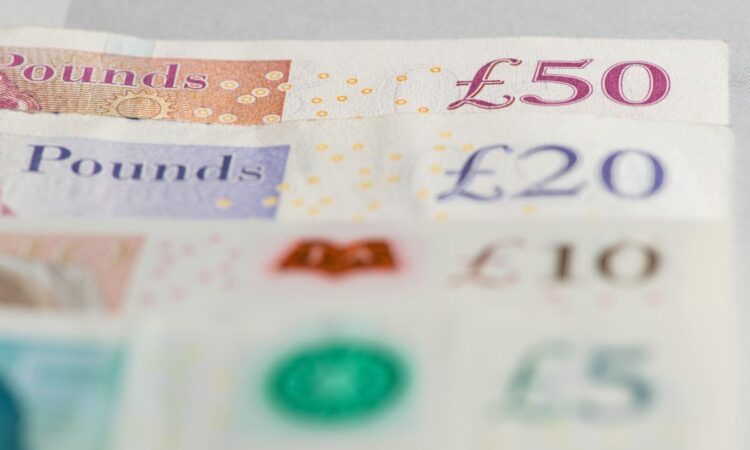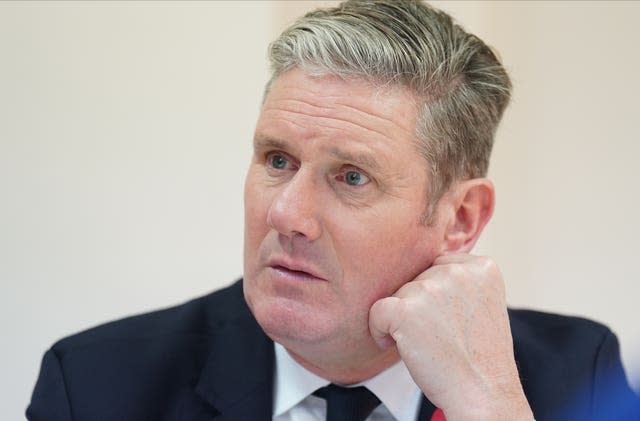
Rishi Sunak is being urged to act “immediately” to crack down on UK-based firms stashing their profits in overseas tax havens, in a move Labour claims would raise as much as £7 billion per year.
Sir Keir Starmer’s party wants the Prime Minister to implement a “multinational top-up tax” in line with reforms agreed by the G20 in 2021.
Under the plans, major companies with their headquarters in the UK would have to pay an effective rate of 15% on any profits they make in other jurisdictions around the world.
If they did not do so, Britain would be able to charge a top-up tax at home and gain that revenue, save for some exceptions.
This would only apply to firms with global revenues of more than 750 million euro (£655 million) per year.
The aim would be to reduce the incentive to shift profits to low- – or no – tax jurisdictions, as companies would have to fork out the minimum rate regardless of where the money was stored.

Labour wants the Government to show “urgent leadership” by moving to implement the top-up levy.
Draft legislation to bring in the change was published in July 2022, but the proposals are yet to be laid in Parliament.
Shadow chancellor Rachel Reeves is also calling on ministers to make “fairer choices” on tax and spending, and set out how they will grow the economy and improve living standards.
“Britain has so much potential but we are falling behind on the global stage, while mortgages, food and energy costs all go up and up,” she said.
“The country is being held back by a Conservative Government that crashed the economy, with working people paying the price.
“What Britain needs in the autumn statement next week are fairer choices for working people, and a proper plan for growth.
“Labour has a plan to secure our economy and get it growing again, powered by the talent and effort of millions of working people and thousands of businesses.
“Working people need a fresh start with a government on their side.”
A Treasury spokeswoman said: “It was the Prime Minister, under the UK’s G7 presidency, who laid the foundations for the historic international tax reforms now supported by more than 130 countries.
“Since then we have been at the forefront of global efforts to implement those reforms including consulting on the implementation of global minimum corporate tax rules in the UK and publishing draft legislation in the summer.”






